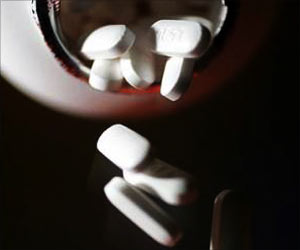To begin work on a phase 1 clinical trial to test a hookworm vaccine in an endemic area of Brazil, researchers received a $2.1 million U01 grant from the NIH.

‘Hookworm infects more than 500 million people worldwide. Researchers received a $2.1 million U01 grant from the National Institutes of Health to begin work on a phase 1 clinical trial to test a hookworm vaccine in an endemic area of Brazil.’





"Tropical vaccines are getting a boost at GW," said Jeffrey Bethony, Ph.D., the co-principal investigator (PI) on this clinical trial who is leading immunology efforts and is a professor of microbiology, immunology, and tropical medicine at the GW School of Medicine and Health Sciences. "We have the capacity to do vaccine clinical trials here and in developing countries. It’s what we’re good at. Besides malaria, there isn’t another group that does this for tropical diseases." This clinical trial will be the first time immune interference has been tested using new antibody profiling methods and B-cell immunology. "We have two separate vaccines for hookworm that have each been tested on their own," said David Diemert, M.D., PI for the clinical trial and associate professor of microbiology, immunology, and tropical medicine at the GW School of Medicine and Health Sciences. "We would like to combine them into a single product, so we have one vial offering the greatest protection against hookworm. What we need to know is if by combining these two vaccines, the immune response to either of them is impaired. We want to know whether there is competition between the vaccines and if there are any safety risks with combining them."
There is a parallel clinical trial underway in Africa, funded by the European Commission, where all volunteers have been given both vaccines. In Brazil, some volunteers are given one of the vaccines, while others are given both vaccines, creating greater comparisons. For the clinical trial, GW is partnering with the Fundação Oswaldo Cruz in Brazil, University of California - San Francisco and Johns Hopkins University, as well as the Sabin Vaccine Institute.
In addition to the U01 grant, Diemert and Bethony also received an R34 planning grant from the NIH to vaccinate volunteers in Washington, D.C., and then infect them with hookworm to test the efficacy of the vaccine. They want to use the lowest dose to illicit the highest immune response. This is the next step after last year’s clinical trial, in which healthy volunteers were infected with hookworm in order to establish a controlled infection model.
Source-Newswise












